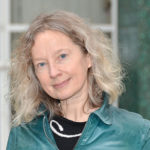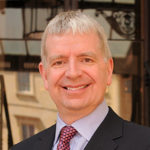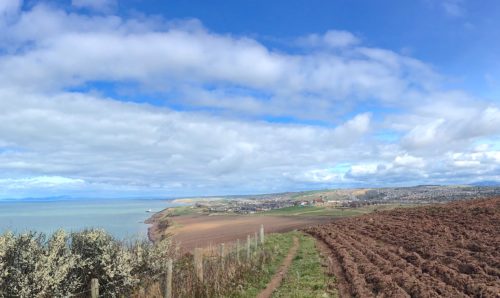Nuclear Science and Engineering as Social Practice
Projects 15th December 2021
This upcoming semester, The Beam will launch an interdisciplinary postgraduate module for students of Humanities and Nuclear Sciences and Engineering at The University of Manchester.
Over the past few years, new nuclear initiatives in the UK, ranging from a new power station in Somerset to the siting process for a deep geological facility for burying nuclear waste, have attracted attention and controversy. Heralded by some as indispensable in the UK’s 2050 Zero Carbon mission, rejected by others as tainted by its on-going association with the military and with unacceptable risk, ‘the nuclear’ remains a source of fascination.
Nuclear science and engineering shape technological and socioeconomic realities that feature in on-going societal and political negotiations. Such negotiations have real impact on national and transnational futures. This unit, taught by lecturers who study nuclear worlds up-close, will introduce postgraduate students to current debates that require critical analysis from a variety of disciplinary perspectives.
The cross-disciplinary nature of the course will enable dialogue and debate, and students will learn to discuss, analyse, unpack, and demonstrate how nuclear science and engineering practices, being part of a social history of ideas, function within institutional and conceptual frameworks as they shape human society and future worlds.
 According to Course Convenor Dr Petra Tjitske Kalshoven, “Nuclear science and engineering are closely entangled with communities, geographies, and geologies. As social practices, science and engineering are part of the contexts that shape them and are shaped by them in turn, with sometimes uncertain and unexpected consequences.
According to Course Convenor Dr Petra Tjitske Kalshoven, “Nuclear science and engineering are closely entangled with communities, geographies, and geologies. As social practices, science and engineering are part of the contexts that shape them and are shaped by them in turn, with sometimes uncertain and unexpected consequences.
“In order to understand such entanglements and impacts, in this course we aim to make students aware of historical, cultural, social, moral, political, regulatory and socioeconomic frameworks in which scientific and technological knowledge is made, and how this affects and produces society.”
 Professor Adrian Bull, BNFL Chair in Nuclear Energy and Society, said: “The interdependencies and interfaces between nuclear research, the nuclear industry, novel technologies, politics and economics, and government institutions, or between nuclear facilities and the communities within which they are hosted, are complex, multi-faceted and unique.
Professor Adrian Bull, BNFL Chair in Nuclear Energy and Society, said: “The interdependencies and interfaces between nuclear research, the nuclear industry, novel technologies, politics and economics, and government institutions, or between nuclear facilities and the communities within which they are hosted, are complex, multi-faceted and unique.
“No other sector creates such a cocktail of issues around topics such as identity, legacy, sustainability, socio-economic models and entanglements, trust (or mistrust), secrecy, geo-politics, or intergenerational justice.
“This course will allow students to explore these issues in detail – hearing from scholars who have studied them from a range of different perspectives.”
Students in the GREEN Centre for Doctoral Training (and its predecessor the Next Generation Nuclear CDT) are encouraged to register as well as PG students in Engineering and in the Humanities.
The teaching team will be made up of social scientists Penny Harvey, Petra Tjitske Kalshoven, Başak Saraç-Lesavre, Ian Tellam, and Damian O’Doherty, with support from the Dalton Nuclear Institute’s Richard Taylor and Adrian Bull.
The unit is hosted in Social Anthropology, with course code SOAN70802. Students can find more information via the University’s My Manchester portal or contact petratjitske.kalshoven@manchester.ac.uk for any additional queries or expressions of interest.




